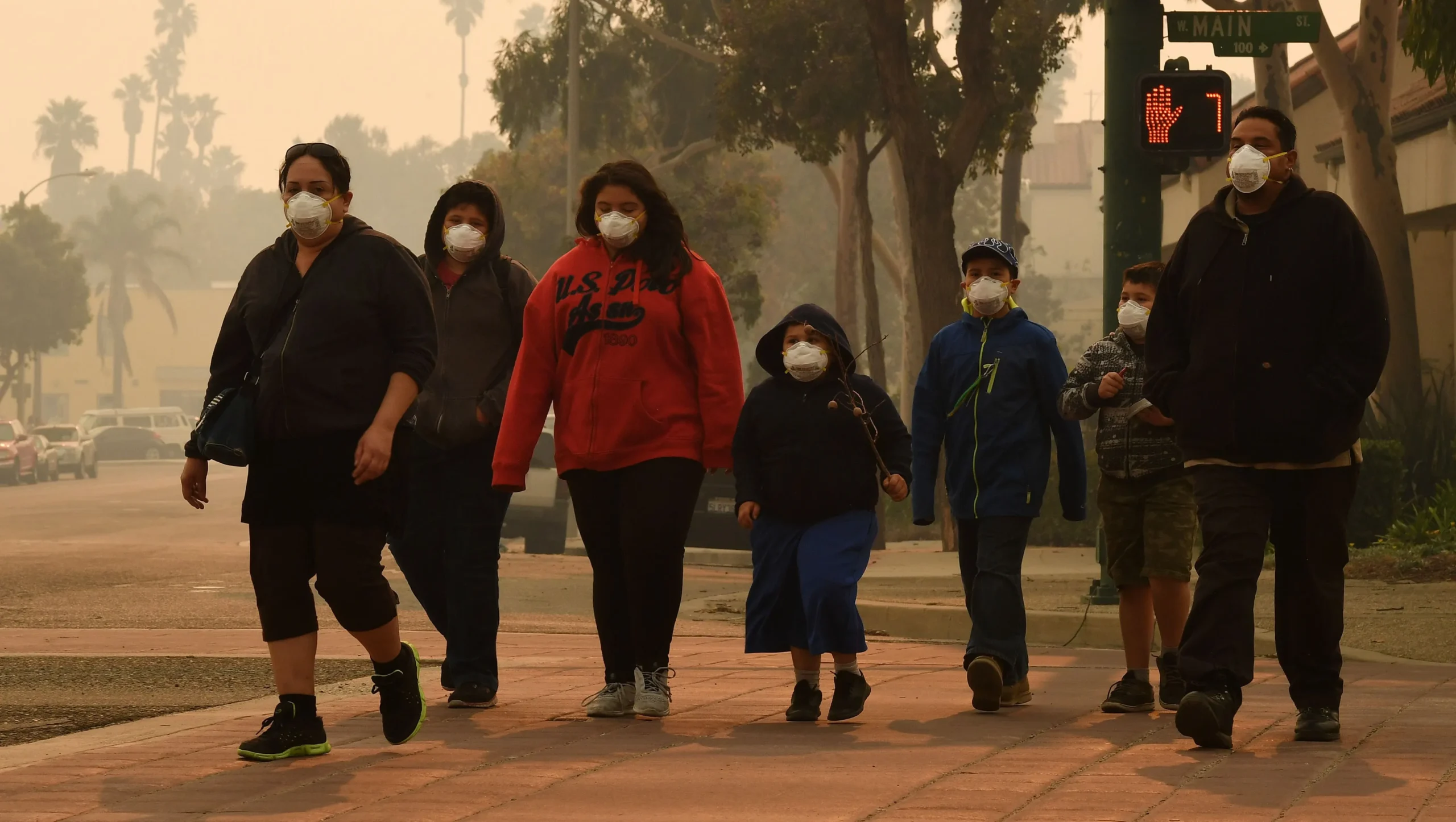US Surgeon General Dr. Vivek Murthy has issued a stark advisory highlighting the link between alcohol consumption and cancer, urging Americans to reconsider their drinking habits. The advisory also advocates for updating health warning labels on alcoholic beverages, reflecting modern research on alcohol’s health risks.
Murthy emphasized that alcohol is a significant, preventable cause of cancer, contributing to approximately 100,000 cancer cases and 20,000 cancer-related deaths annually in the United States. “Alcohol is responsible for more cancer deaths than alcohol-related traffic fatalities, yet most Americans are unaware of this risk,” he said.
New Research Shifts Perception of Alcohol
The advisory aims to dispel the long-held belief that moderate alcohol consumption, particularly red wine, might have health benefits. Mounting evidence has demonstrated that even light drinking poses significant health risks, including increased cancer susceptibility.
“Alcohol is the third-leading preventable cause of cancer in the US, after tobacco and obesity,” the advisory states. It identifies seven types of cancer linked to alcohol consumption: breast, colorectal, esophagus, liver, mouth, throat, and voice box. The risk exists regardless of the type of alcohol consumed and increases with greater intake.
Dr. Otis Brawley, an oncologist at Johns Hopkins University, echoed Murthy’s concerns: “There is no safe amount of alcohol.”
How Alcohol Causes Cancer
The advisory explains four key ways alcohol contributes to cancer:
- DNA Damage: Alcohol metabolizes into acetaldehyde, a chemical that can damage DNA and lead to uncontrolled cell growth.
- Hormonal Disruption: Alcohol alters hormone levels, such as estrogen and testosterone, which can drive cancers in hormone-sensitive areas like the breast and prostate.
- Nutrient Depletion: Alcohol reduces levels of vital nutrients, including B vitamins and folate, which help protect against cancer.
- Synergy with Tobacco: As a solvent, alcohol enhances the absorption of carcinogens from tobacco, compounding the risk for cancers of the mouth and throat.
Disproportionate Impact on Women
The advisory highlights that women are more vulnerable to alcohol-related cancers due to factors such as smaller body size, higher body fat composition, and hormonal imbalances triggered by alcohol. For instance, a woman who drinks one alcoholic beverage daily has a 19% lifetime risk of developing alcohol-related cancer, compared to a 10% risk for men consuming the same amount.
Raising Awareness Through Warning Labels
Murthy’s advisory calls for updated warning labels on alcoholic beverages to reflect these risks. The current warning, unchanged since 1988, primarily addresses pregnancy risks and impaired operation of machinery. Experts believe a revised label detailing cancer risks could increase public awareness and influence drinking habits.
Dr. David Greenberg, a hematology and oncology chief, supports the push for change. “It’s remarkable how many people are unaware of alcohol’s dangers. This advisory is a critical step toward educating the public,” he said.
Cultural Shifts in Alcohol Consumption
Surveys indicate a growing recognition among younger Americans of alcohol’s health risks. Nearly half of respondents in a recent Gallup poll identified even moderate drinking as harmful to health, the highest percentage recorded in the survey’s 23-year history.
The rising popularity of non-alcoholic beverages and social movements like “Dry January” reflect changing attitudes. Spirits manufacturers are also offering more non-alcoholic alternatives to meet this demand.
Health Experts Applaud the Advisory
The American Medical Association (AMA) and other health organizations have welcomed Murthy’s advisory. AMA President Dr. Bruce Scott praised the initiative: “Today’s advisory and the push for updated warning labels will bolster awareness, improve health, and save lives.”
Murthy underscored the role of healthcare providers in spreading awareness: “Doctors and nurses can help educate patients, especially those with a personal or family history of cancer, on how reducing alcohol consumption lowers their risk.”
The advisory joins a series of recent Surgeon General’s Advisories addressing pressing health issues, including gun violence, social media’s impact on youth, and the growing mental health crisis.




